Andrew Ng: Lighting Up AI
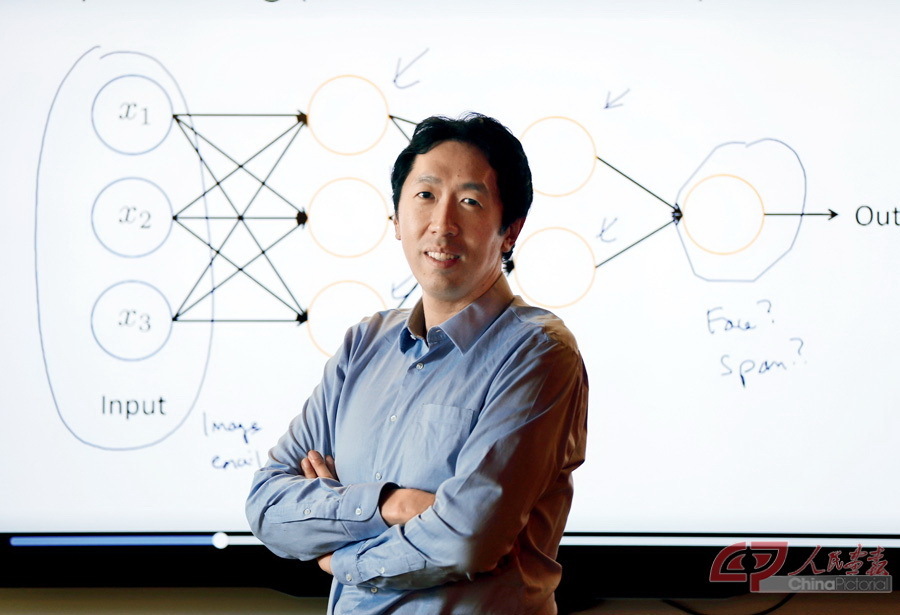
In late March, Andrew Ng, a renowned Chinese-American artificial intelligence (AI) expert, announced his resignation as chief scientist at Baidu, a Chinese search engine giant and one of the country’s largest internet companies.
“After Baidu, I am excited to continue working to make AI transform our society and make life better for everyone,” Ng wrote on his blog, announcing his departure after three years with Baidu. Although Ng hasn’t announced his next job, his services are in high demand, as he is considered one of the world’s leading thinkers on AI.
Building AI Top-to-Bottom
Ng joined Baidu in 2014, when the company was already investing heavily in teaching computers to see and hear. Realizing the huge opportunity for machine intelligence applications in China, the scientist quickly set up an AI-first strategy for the company, with an eye on the future. Understandably, China is home to some of the most visited websites in the world, including Baidu, Taobao, and Weibo, to name just a few. Thus, when any of these enterprises design a new application, they have a keen interest in optimizing access to available consumers.
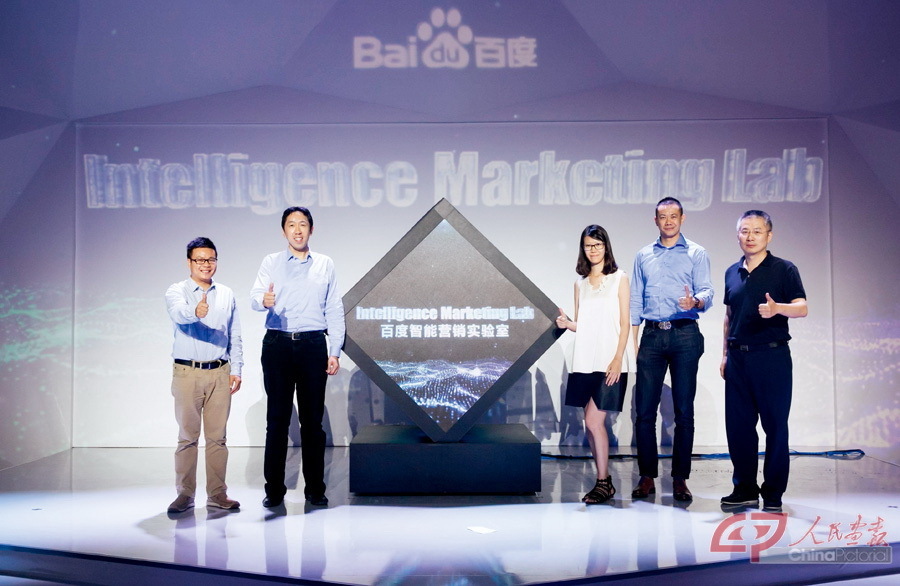
During his three-year stint at Baidu, Ng oversaw the creation of the company’s AI research team and led a force of some 1,300 people in both Beijing and Silicon Valley. That included the 300-member Baidu Research Team, which brought together top global research talent to work on various AI projects such as image and speech recognition, high performance computing, natural language processing and deep learning, in four different labs.
Under Ng, Baidu researchers launched a number of AI projects to improve the company’s existing operations including food delivery, search, security, and voice recognition, and created new lines of expansion for the business in the fields of automated driving and Baidu’s AI operating system DuerOS. However, the most promising product remains an AI robot which has attracted enormous attention and is expected to eventually influence the lives of millions of ordinary people.
Baidu’s AI robot, which was launched a few years ago, attracted enormous public attention in China in late 2016. That year, the popular television show Super Brain in China promoted a battle between Baidu-developed AI robots and human competitors. The challenge, featuring facial and voice recognition technologies, invited gifted individuals who had excelled on the show’s previous seasons to represent human beings. For example, Wang Yuheng possesses incredible abilities in image identification. During one contest, he picked up the correct glass of water from 520 glasses that looked almost identical. Wang once also used this gift to help police find a hit-and-run suspect from grainy surveillance images.
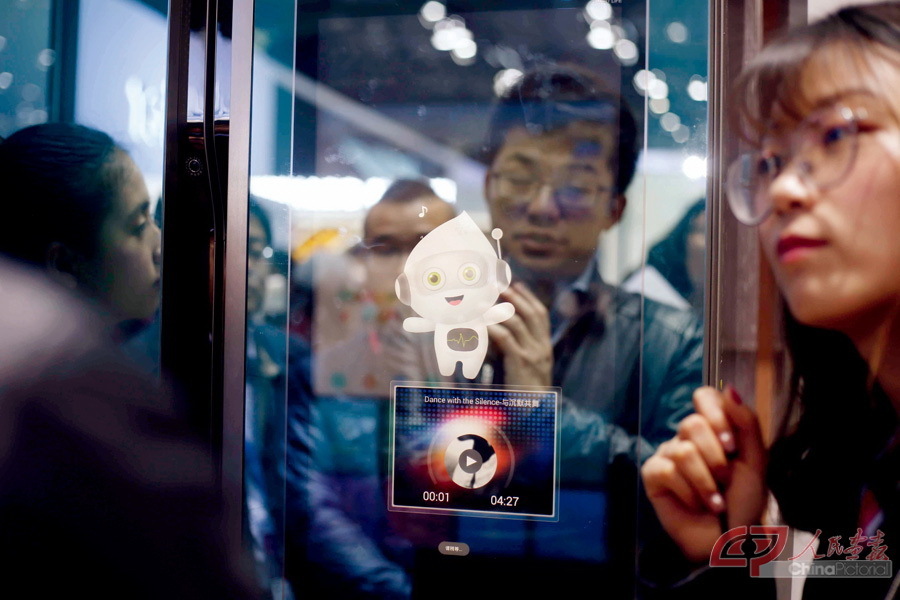
The results of the duel were interesting. Although the robot beat its human rivals in image recognition, it lost in voice recognition. “Humans have evolved for thousands of years to perform image and voice recognition,” notes Ng. “But computers have just learned to do it, and need to receive ample data to succeed. Super Brain in China features so many powerful and excellent participants that I was nervous to bring even the most powerful AI to compete against them.”
Promising AI Development
Ng also set his sights on the family robot field. In January 2017, Baidu launched “Little Fish,” a voice-controlled family robot akin to Amazon’s Echo or Google Home. In contrast with the competing “faceless” devices which rely on people asking for information and controlling devices by speaking, “Little Fish” features a touch-screen atop its orb-shaped base. A camera tracks faces, and the screen swivels to continue facing a speaker. “For a person, speaking is the fastest way to communicate with a computer,” says Ng. “However, for a machine, a screen is the quickest way to communicate with a person.”
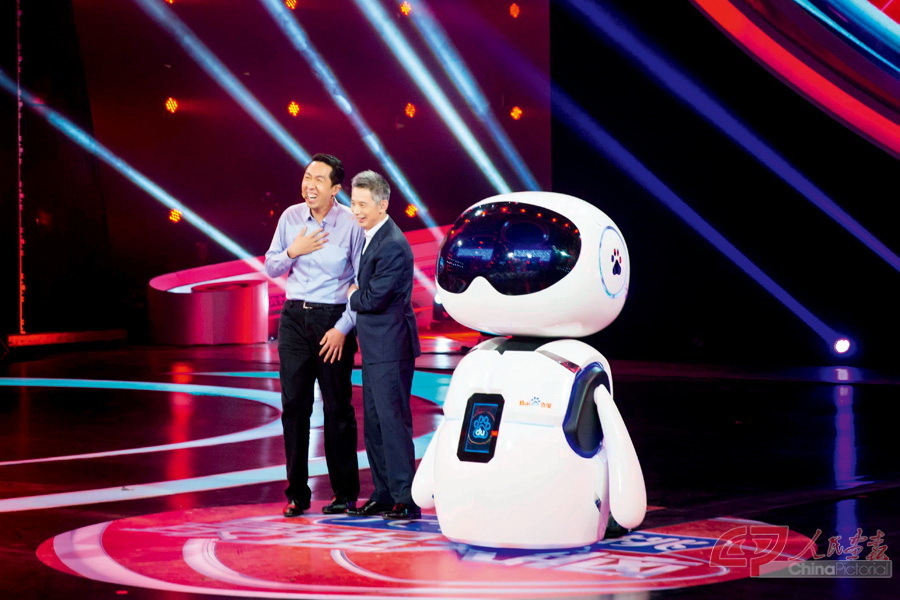
Ng predicted long ago that 2017 would be the year of conversational computing, and that a “clear path to it changing everything” would emerge. Many scientists and countries have already been involved in AI for a long time. In 2011, when Ng was serving as founder of the Google Brain project, he introduced the Deep Learning project and began investing heavy resources into this field. Almost at the same time, many other big tech companies, including Microsoft and Qualcomm, were either seeking computer scientists with this specific expertise or building labs for that purpose. Japanese engineers were constructing artificial neural nets to control robots, and scientists from South Africa were working with their peers from the EU to create a human “brain” inside a supercomputer using data from numerous experiments.
A tech war has broken out between enterprises and even countries to shape the next generation of AI products. In May 2016, the Chinese government launched a three-year plan to develop AI. According to China’s Ministry of Industry and Information Technology, the industry’s market size in China measured about US$3.5 billion in 2016 and will reach US$5.5 billion by 2018.
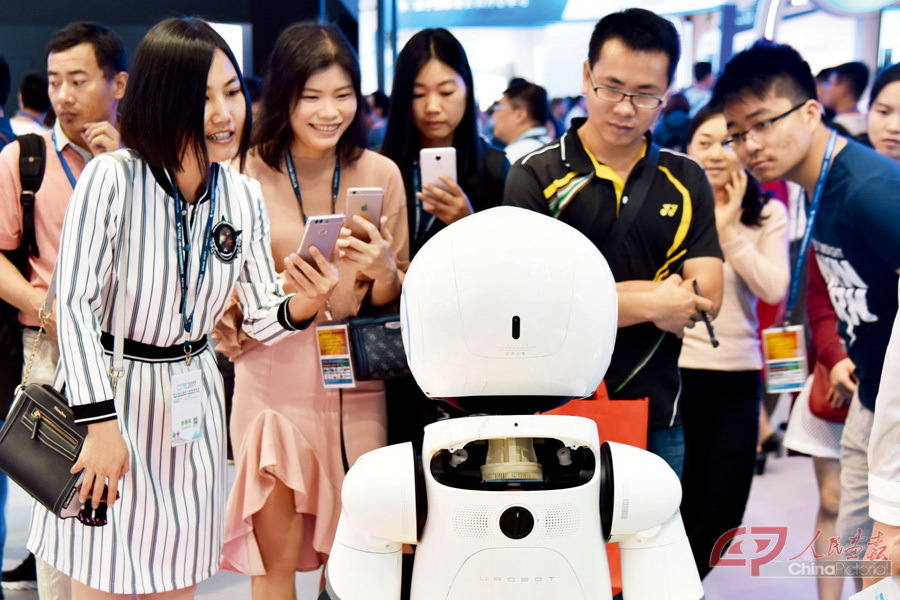
Ng tracks and influences global AI trends. He believes that if AI can achieve a level of storing and recalling information that resembles human memory—which certainly requires a sophisticated level of facial and voice identification—it can greatly enhance people’s lives. “We haven’t pinpointed the right algorithms yet,” he said during an interview. “It’s going to take decades, and it’s not an easy task, but there’s hope.”
Born to AI
Ng was born in Britain in 1976 to parents from Hong Kong. When he was one year old, the family moved back to Hong Kong, before relocating to Singapore when the boy was seven. Ng’s childhood interest in AI was inspired by his father. The elder Ng worked as a doctor and performed “small experiments” with AI during his spare time. His father collected many books on AI, and even tested an automated diagnosis with a relatively primitive self-developed machine. As a child, the younger Ng began to dream of building machines that could think like people.
At 17, Ng went to study in the United States and received a bachelor’s degree in computer science from Carnegie Mellon University in Pittsburgh in 1997, before obtaining a master’s degree from the Massachusetts Institute of Technology in 1998. After receiving his Ph.D. from the University of California in 2002, he started working at Stanford University as a scientist. Before arriving at Baidu, Ng completed pioneering work in machine learning as an associate professor at Stanford, where he launched a program that offered Stanford courses online for free in 2008. This project led to the founding of online education platform Coursera in 2012. He was also the founding leader of the Google Brain project, which developed one of the largest deep learning systems on earth using the company’s vast computational resources.
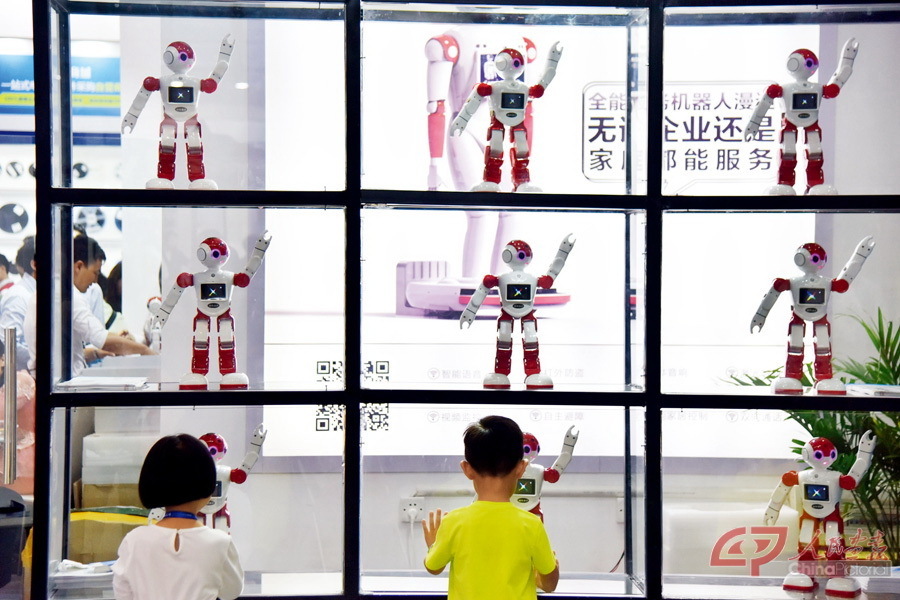
As a scientist, Ng believes AI can free people from the tedium of repetitive work and give humans more time to be engaged in “more meaningful doings.” Just as electricity transformed and birthed so many industries a century ago, Ng believes that AI will similarly change nearly every modern industry and enrich lives. “I am more excited than ever about where AI can take us,” he beams.